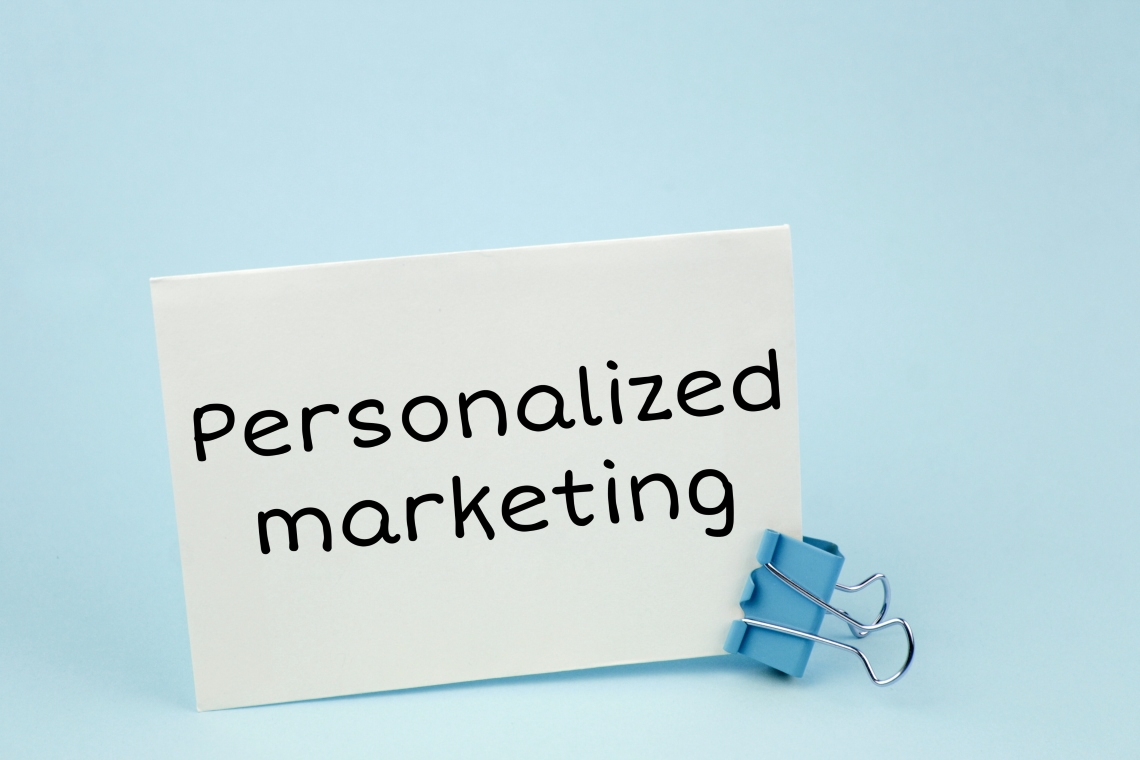
The Impact of Personalized Marketing on Customer Satisfaction
Personalized marketing has transformed the way companies interact with their customers, offering more relevant experiences tailored to individual preferences. In a world of increasingly intense competition, brands that succeed are those that provide consumers with what they want, when they want it, and in the format they prefer. This ability to personalize not only improves the efficiency of marketing strategies, but also significantly increases customer satisfaction .
One of the main benefits of personalized marketing is the ability to generate a deeper connection with customers. Through data analysis and advanced segmentation, brands can identify individual behavior patterns and preferences. This allows them to offer recommendations and messages that truly resonate with each consumer’s needs. By receiving personalized content or promotions, customers feel that the company understands them, which increases their loyalty and satisfaction. In this way, personalized marketing contributes to creating long-lasting and meaningful relationships between the brand and the consumer.
Customer satisfaction is also boosted by the relevance of the content they receive. Instead of being bombarded with generic or irrelevant ads, customers receive offers and communications tailored to their interests and purchasing behaviors. This precision not only improves the user experience, but also increases the likelihood of conversion, as the proposals are aligned with their desires. Personalized marketing allows companies to leverage each interaction to offer something valuable, thus maximizing the opportunities to satisfy the customer.
Another important aspect of personalized marketing is its ability to improve customer service. By integrating data from different channels, such as purchase history, previous interactions, and communication preferences, companies can offer more efficient support and anticipate customer needs. This personalized attention translates into faster and more effective service, which in turn leads to greater satisfaction. A customer who feels that their time and preferences are valued is much more likely to continue doing business with the brand.
Furthermore, personalization can extend throughout the entire customer journey, from the first interaction to after-sales service. Brands that implement personalized marketing can create campaigns specific to each stage of the buying cycle, ensuring that the customer receives the right information at the right time. For example, they can send offers for complementary products after a purchase or remind customers about products they have left in their cart. This ability to personalize the purchasing process not only increases sales, but also improves the overall customer experience, elevating customer satisfaction.
However, it is essential that brands use personalized marketing in an ethical and transparent manner. The use of personal data must be framed within clear policies that respect customer privacy. Trust is key to maintaining a positive relationship, and any inappropriate use of data can result in a loss of trust and satisfaction. Therefore, personalization must be done tactfully, allowing consumers to control what type of information they are willing to share and how they wish to be contacted.
A good example of personalized marketing is the use of segmented emails. Instead of sending a single message to the entire contact list, companies can create different versions of the same email tailored to different groups of customers. Consumers who have shown interest in a type of product receive promotions related to that interest, while others may receive recommendations based on their purchase history. This personalization technique has proven to be much more effective than mass emails, improving both the opening rate and conversion, and therefore, customer satisfaction.
Finally, personalization also extends to the digital platforms that customers use to interact with brands. Websites and apps that tailor content, recommendations, and interface to user preferences offer a more fluid and enjoyable experience. By feeling recognized and understood, customers experience greater satisfaction, which strengthens their relationship with the brand. In this way, personalized marketing becomes a powerful tool not only to increase sales, but also to improve customer satisfaction in the long term.





